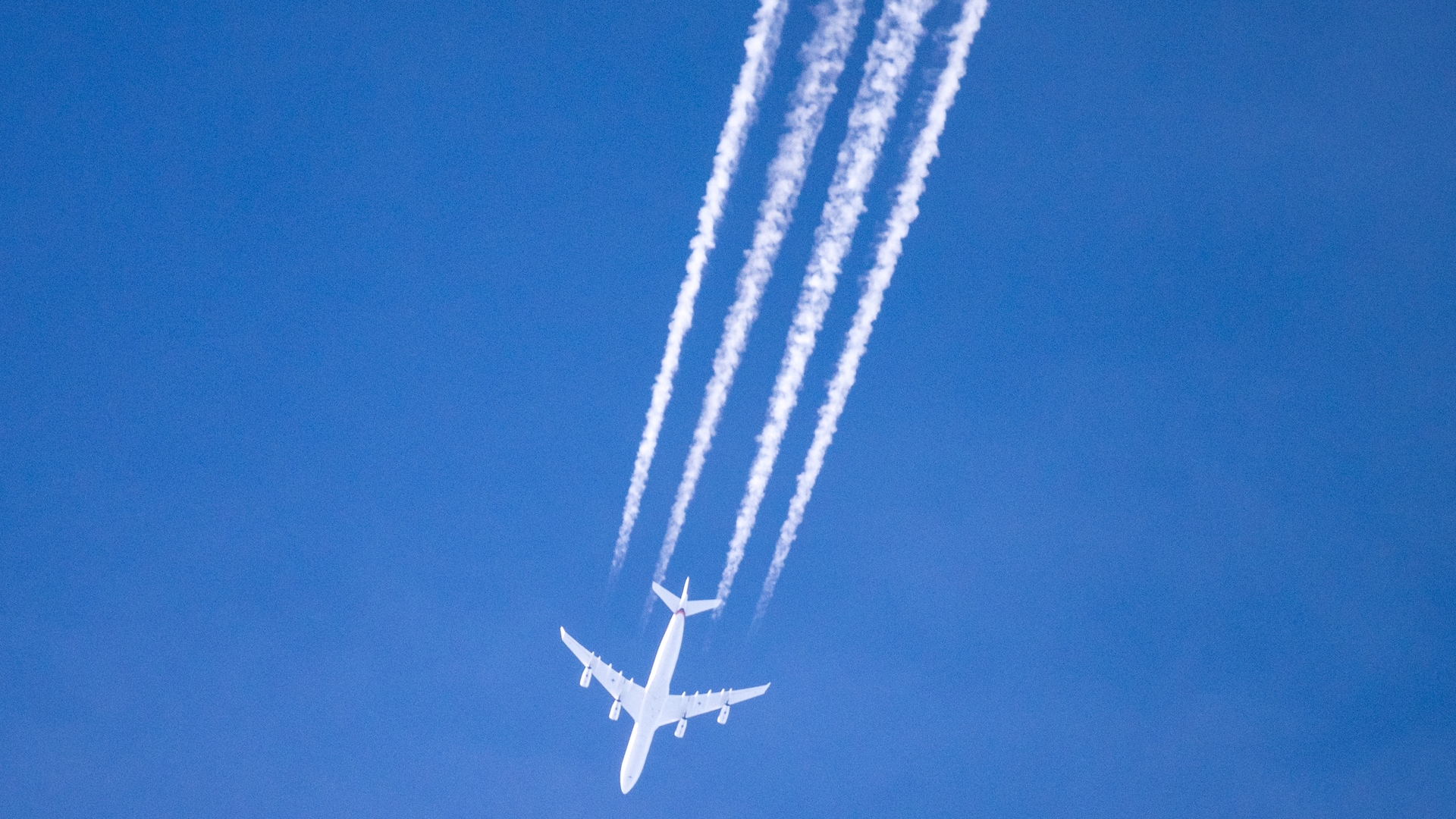Pilots say that European flights are becoming less safe

According to one-third of the 10,000 pilots, stewards and flight attendants interviewed for an as-yet unpublished study conducted by Sweden’s Karolinska University which has been obtained by Zembla, there has been a decline in European flight safety in recent years. Eighty percent of cabin crew and 66 percent of pilots reported that their working conditions have deteriorated, in part due to the increasing number of ‘atypical ’ contracts. Pilots and cabin crew with this type of contract have a weaker legal position, making them more likely to continue working when they are actually too ill or too tired to do so. Pilots even told Zembla that they sometimes fall asleep during a flight.
Officially, pilots and cabin crew are required by law to report that they are ‘unfit to fly ’ if they are too tired or sick to work. However, in practice, some airlines discourage this practice, as audio recordings in Zembla’s possession show. These recordings reveal instances of employees being pressured to continue to work.
According to Marika Melin, a researcher at the Karolinska Institute, this situation poses a threat to flight safety. She explains, "Feeling under pressure, experiencing stress, or being tired affects your cognitive functioning. Obviously, this affects flight safety."
Zembla has recently interviewed dozens of pilots and cabin crew members working for European budget airlines. According to these sources, a culture of fear prevails at some of these airlines. They claim that employees are afraid that they will face sanctions if they report problems or safety risks either internally or externally. One pilot stated, "There is an 'omertà.' If you speak out, you’re done for. I'm not suggesting they kill people, but they do silence them." According to our sources, this culture of fear leads staff to push boundaries and keep on working when they are exhausted. Some pilots even admitted to falling asleep in the cockpit. One of them shared, "I suddenly realized my eyes were closed, and when I opened them, I saw that my colleague also had his eyes closed."
A failure to take notifications seriously
Pilots informed Zembla that notifications of incidents or safety risks often go unaddressed by EASA, the European watchdog for flight safety. One pilot said, "I've reported issues to EASA, but they just seem to vanish into thin air." Another pilot added, "Even when we inform them of serious safety issues, they sometimes turn a blind eye and avoid taking action."
According to European flight crew unions, EASA is failing to adequately oversee flight safety because it does not pay sufficient attention to pilots' reports and scientific research. Annette Groeneveld, the president of EurECCA, the European cabin crew union, stated, "This is a very bad thing. If you don't take reports seriously and fail to act on them, you're clearly not prioritizing safety, are you?"
“We are not convinced that there is a problem”
Several recent scientific studies have established a connection between atypical employment contracts, including bogus self-employment and zero-hours contracts, and flight safety. For example, being in a vulnerable legal position makes employees more reluctant to report potential problems. In response to these concerns, the Dutch Transport Pilots Association (VNV) is calling for a ban on these contracts. EASA, the European aviation safety regulator, conceded to Zembla that these contracts can pose a risk but denies that there is any concrete link to incidents. According to the organization, it is mainly a ‘perception’ among flight personnel. Jesper Rasmussen, an EASA board member, stated, "We are not convinced that there is a problem."
The reports are piling up
Trade unions, MEPs, and scientists have responded critically. Otjan de Bruijn, the president of the European Cockpit Association (ECA), said, "There are numerous reports detailing the deficiencies and the dependency. If EASA were to read the reports we have read, they would have to reach the same conclusion. This has nothing whatsoever to do with perception."
How independent is EASA?
Flight crew unions are raising questions about the independence of EASA, an organization that is two-thirds funded by the aviation industry, i.e. aircraft manufacturers, airports, and airlines. EurECCA president Groeneveld stated, "These are their 'stakeholders,' as they refer to them, the people in their sphere of interest, the parties they engage with to discuss flight safety regulations. However, this means that they are no longer objective, and that, I find, is an undesirable situation." ECA chairman De Bruijn also expressed concerns about EASA's supervision, noting, "There is a substantial financial dependency between EASA and the airlines, which inherently creates an imbalanced relationship."
Inspections are announced in advance
EASA is responsible for overseeing national aviation inspections, including those of the Hungarian low-cost carrier, Wizz Air. Zembla has obtained emails indicating that the budget airline is aware of upcoming inspections and provides instructions to its management staff. EASA board member Jesper Rasmussen acknowledges that inspections are sometimes announced in advance, "But then purely for practical reasons. For example, we want to make sure that certain people are present. But the airline has no influence on who we select to speak to during the inspection." According to Rasmussen, EASA's independence remains intact despite its external funding. He stated, "We do not allow monetary contributions from whatever source to influence our organization in any way."
Praat mee
Reacties (11)
Altijd op de hoogte blijven van het laatste nieuws?
Schrijf je in voor de Zembla-nieuwsbrief en blijf op de hoogte van onze onthullende journalistiek.